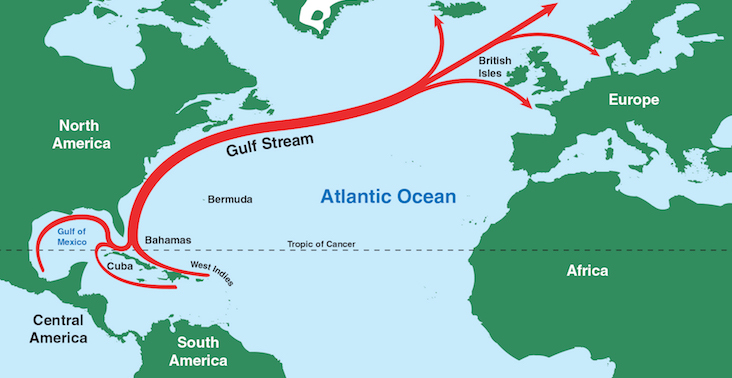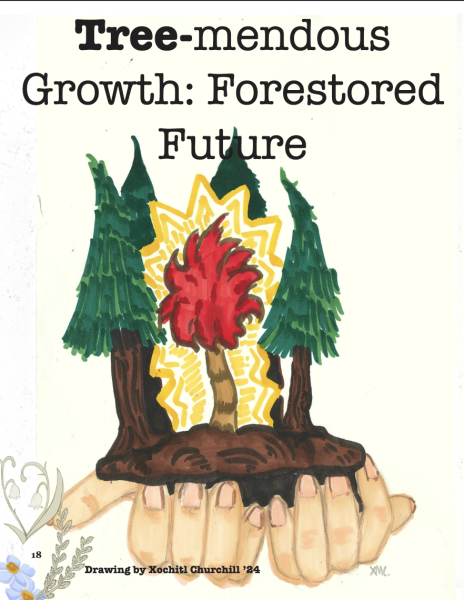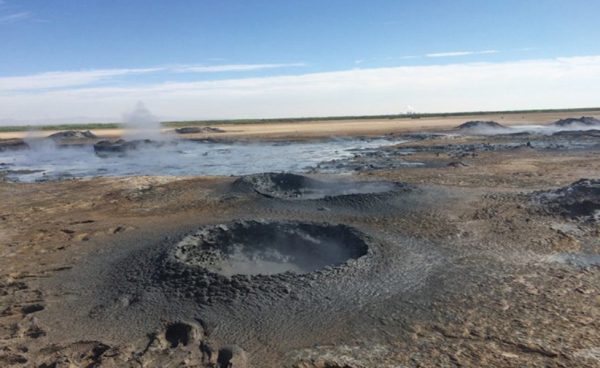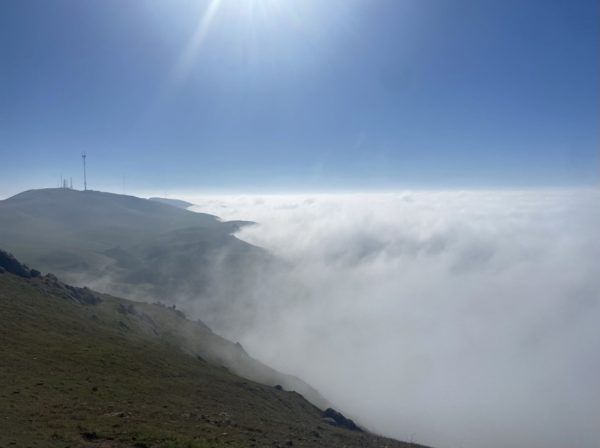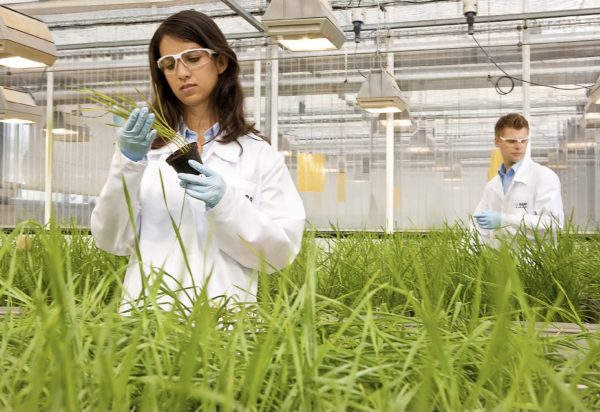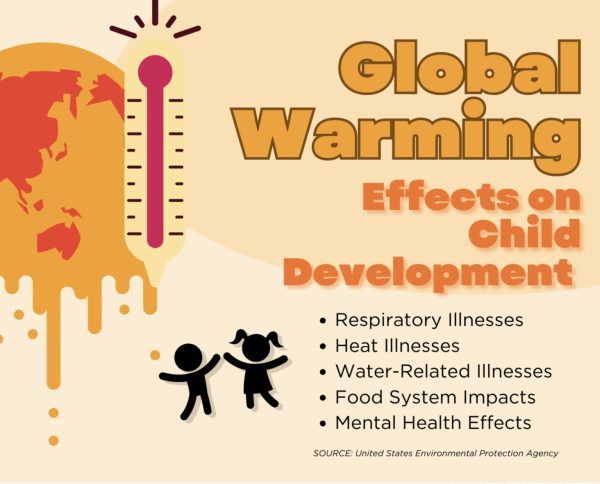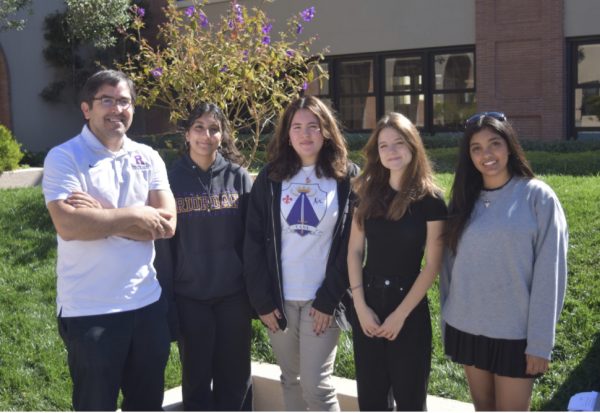Gulf Stream collapse could cause catastrophic consequences
With increased greenhouse gas emissions, the Gulf Stream is in danger of collapsing unless humans do their part to conserve.
November 8, 2021
Perhaps one of the most devastating events ever is coming right our way, possibly within the next century, or even the next decade.
As greenhouse gas emissions rise, many have started to speculate that the Gulf Stream will collapse. Clearly, this would lead to mass drought that would stretch from South America to West Africa. This could cause mass famine over these regions, affecting several people across them. Even though climate change is a constantly reinforced issue in our school system, I think many fail to see that this will affect us too and not just people from some faraway place like most other issues. — Edgar Franco ’25
Additionally, The Guardian states that citizens would begin to see complete destabilization of the most beloved natural environments such as the Amazon Rainforest and the Antarctic Ice Sheets. Thus, South America would suffer even more.
Edgar Franco ’25 comments on climate change and how it can affect people locally. “Even though climate change is a constantly reinforced issue in our school system, I think many fail to see that this will affect us too and not just people from some faraway place like most other issues.”
Signs of destabilization in the Gulf Stream have been chronic, but they stem from the AMOC system, which is a network of ocean currents that drive warm waters to northern parts of the ocean, creating evaporation as the waters begin to cool, which in turn, produces salt.
The combination of salt and the newly introduced cold waters become dense waters that get pushed deep in the ocean, resurfacing only after spreading south in a process called up swelling. However, upwelling also causes the waters to warm up.
Recently, this system of currents has been disrupted in a major way due to greenhouse gas emissions. Since the global temperature continues to increase, the ocean retains its heat, which makes the process of up swelling have a much stronger effect. Though it’s worth mentioning that the AMOC system has been threatened for several years now, as warm waters do not sink nearly as much as they used to 20 years ago.
Yet, this fact alone does not give leeway to be ignorant of the issue, as Michael O’Brien, AP Environmental Science instructor at Archbishop Riordan pointed out, “It’s not something we can ignore at all. Doing nothing is much worse than trying to slow down the process.”
Now, people must be more cautious with their carbon footprint, as with every level of carbon dioxide released into the atmosphere, the more likely it is that the Gulf Stream will collapse sooner, and in turn the endangerment of continents’ climate and food supply.
Though, Franco has doubts about whether or not people will take steps to do so. “It’s not really an issue that most people pay attention to. Despite there being such a stigma against it, littering is still an issue for whatever reason. Going forward, I think we should be more climate conscious, whether that means taking the bus or not buying certain products.”
O’Brien added, “I think leading by example in the sense of reducing our personal and ecological footprint is the big thing. If one person acts in a certain way it might affect 10 different people.”


